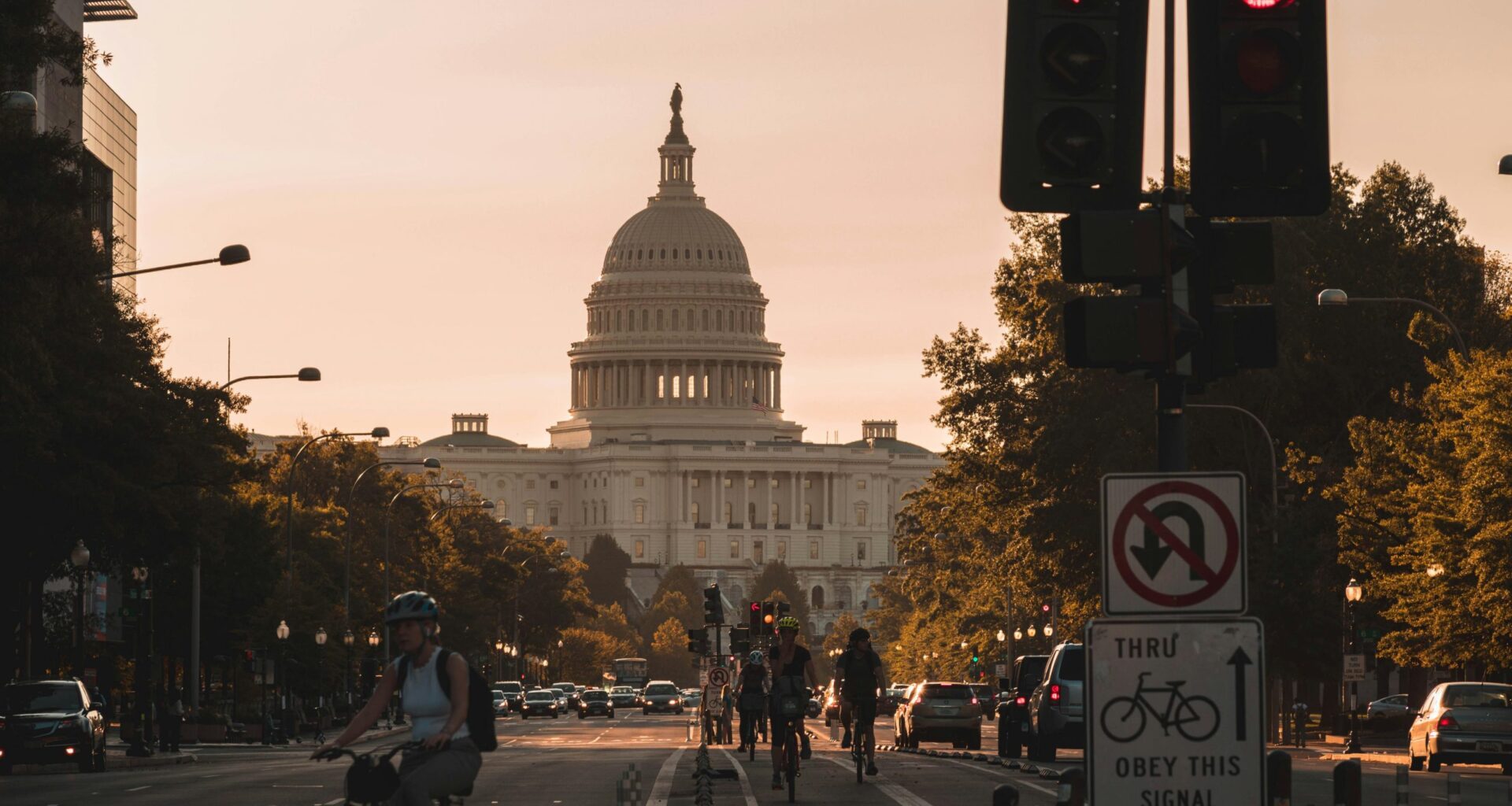US President Donald Trump’s announcement yesterday that he intends to take control of Washington DC’s police force and deploy the National Guard in a stated effort to clean up the streets, whether you like it or not, is politically clever.
Upon announcing the plans, he further mentioned other cities that he, and many of his supporters, consider “very bad” from a law-and-order perspective, such as New York, Baltimore and Oakland, places he said that are “so far gone” that they’re not even mentioned anymore in such conversations.
“We’re not going to let it happen, we’re not going to lose our cities over this,” he said at the press conference yesterday, adding, “this will go further, we’re starting very strongly with DC and we’re going to clean it up real quick”.
The first reaction to the news that I saw, was Ireland’s resident US political commentator, Larry Donnelly, who despite acknowledging, and indeed, agreeing with objections to the development, nevertheless wrote that “the politics is firmly on Trump’s side”:
“These cities are widely regarded as totally broken in the places where the midterms will be decided. And the ‘Trump’s a fascist’ line has never resonated,” Mr Donnelly, I think, correctly observed.
The announcement provoked strong reactions from Democrats and those otherwise opposed to the direction of Trump 2.0, who decried the president’s decision to move DC’s security out of district/state hands, and indication that he’ll do the same elsewhere, as “authoritarian,” one columnist describing it as “a truly stunning foreshadowing of a police state”.
DC Mayor Muriel Bowser said that Trump’s planned takeover was “disturbing,” while Brooklyn congressman Hakeem Jefferies said that Trump “has no basis to take over the local police department”.
Critics have been citing statistics indicating that violent crime is down from a 2023 peak, to its lowest point since 2019, while suggesting that Trump’s strategy is born less out of reality than out of his perception of reality, with its human biases and blindnesses.
Whatever the case, just last week, a member of the Department of Government Efficiency (DOGE), Edward Coristine (a.k.a. ‘Big Balls’) was assaulted during the course of an alleged carjacking attempt, an incident that both made it to Trump’s ears and clearly stuck with him. “By the way, I have to say that somebody from Doge was very badly hurt last night,” the US president told media last week.
“You saw that—a young man who was beat up by a bunch of thugs in DC. And either they’re gonna straighten their act out in terms of government and in terms of protection, or we’re gonna have to federalise and run it the way it’s supposed to be run,” he said.
While statistics are useful in politics, this author is of the opinion that they’re typically secondary to perception in terms of their power to influence. People are quicker to believe their own eyes, and the tales of their friends and family, than they are numbers, the experiential often being that which gives weight to the data.
The politics of the personal, in other words, is yet to be trumped. What Trump’s supporters, and more broadly afield than that, are saying is that DC, and a great many other US cities, are dangerous, and as such that the intervention is to be welcomed, or at the very least, to be understood.
While I suspect Trump’s decision will be politically advantageous for him and his camp, the obvious retort opponents will turn to is hypocrisy.
Republicans have traditionally, at least at the level of rhetoric, presented themselves as the party of ‘small government,’ a perception shored up during the Biden administration by protesting, for example, federal encroachment on state and local management of immigration enforcement. The critic of Trump’s DC plans might recall such protests, and the traditional small-government bent of the American right, and decry the MAGA republican as a hypocrite, cynically wielding power for the furtherance of their own agenda.
Whereas a republican twenty years ago might have argued that charge, I’m not sure either the current Trump administration or its supporters would, and that change is reflective of the ongoing evolution of western politics more broadly, where power is increasingly understood to be a more-or-less effective stopgap solution to the fraying of the social and moral fabric that seems to be underway everywhere.

